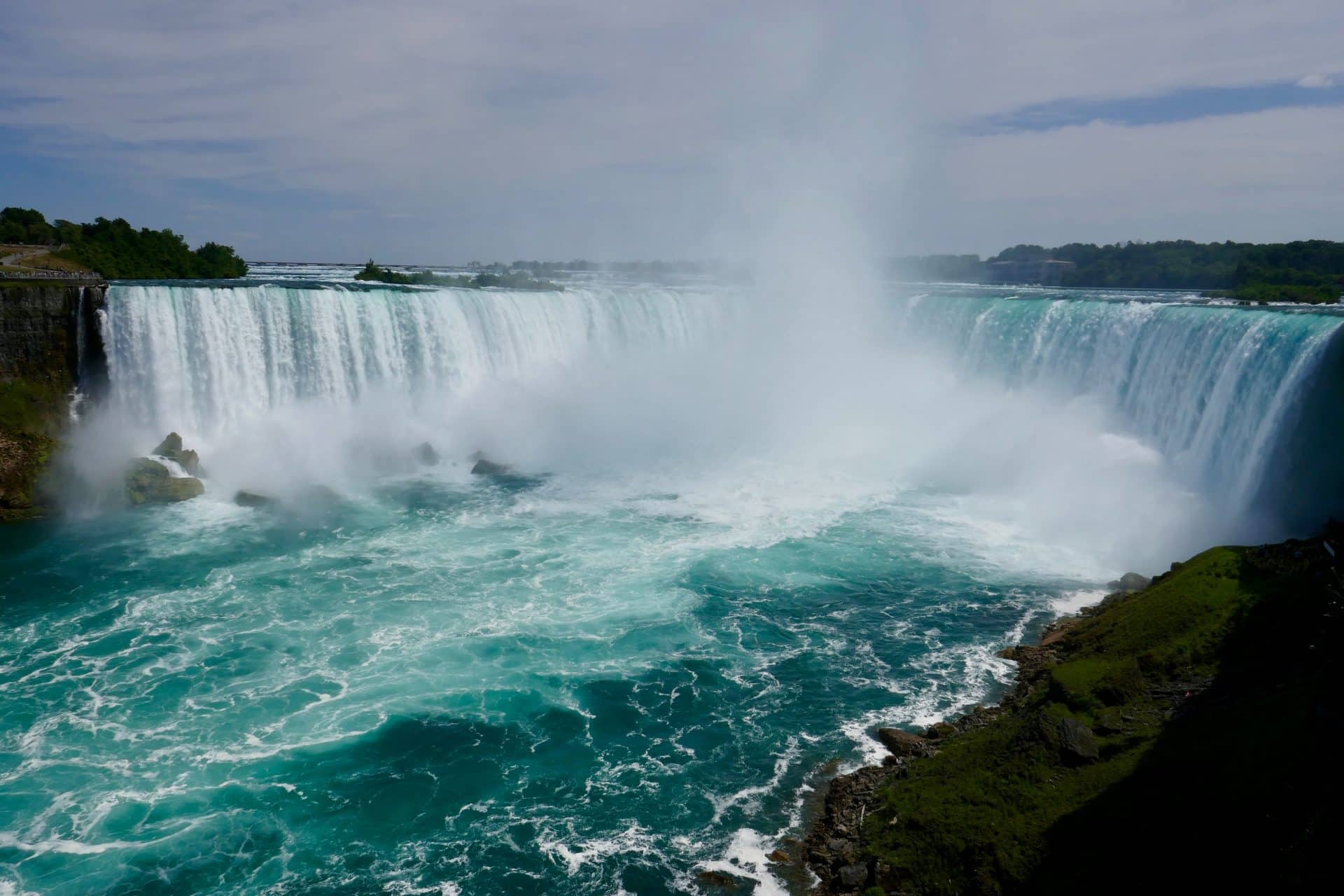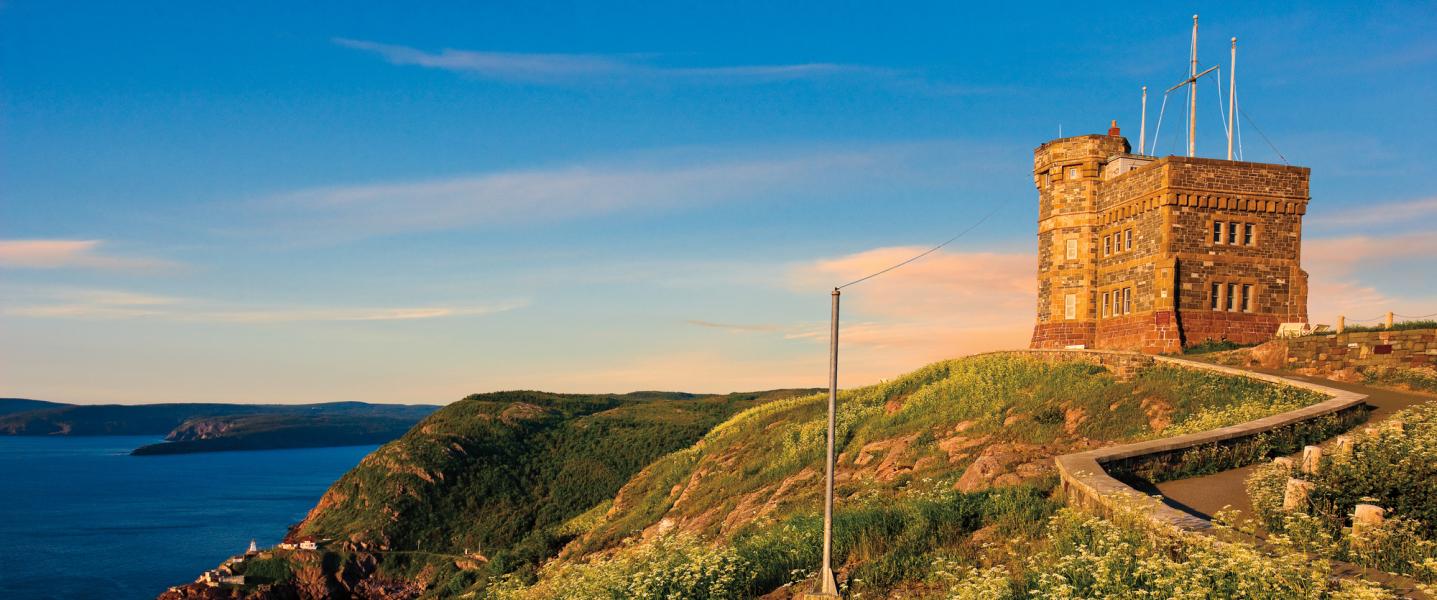
Canada is a country in North America. Its ten provinces and three territories extend from the Atlantic Ocean to the Pacific Ocean and northward into the Arctic Ocean, covering over 9.98 million square kilometres (3.85 million square miles), making it the world's second-largest country by total area. Its southern and western border with the United States, stretching 8,891 kilometres (5,525 mi), is the world's longest binational land border. Canada's capital is Ottawa, and its three largest metropolitan areas are Toronto, Montreal, and Vancouver.
Canada is a parliamentary democracy and a constitutional monarchy in the Westminster tradition. The country's head of government is the prime minister—who holds office by virtue of their ability to command the confidence of the elected House of Commons—and is appointed by the governor general, representing the monarch, who serves as head of state. The country is a Commonwealth realm and is officially bilingual (English and French) at the federal level.

| Visa type | Rs. | |
|---|---|---|
| 01 | Visitor visa | 500 CAD |
| 02 | Visitor (super visa) | 100 CAD |
With our rich history of immigration, Canada is a well-known multicultural country, which respects the contributions and individuality of different cultures. Canada never stops seeking skilled and talented newcomers to support the development of the Canadian economy. Canada is home to many immigrants from all over the world.
All through Canada’s history, their culture has been very Eurocentric with culture and lifestyle inputs from England and France. British habits and French mannerisms including the aboriginal heritage of the natives have all influenced the modern-day Canadian people in more ways than one.
The legal system of Canada is pluralist: its foundations lie in the English common law system (inherited from its period as a colony of the British Empire), the French civil law system (inherited from its French Empire past), and Indigenous law systems developed by the various Indigenous Nations. The Constitution of Canada is the supreme law of the country, and consists of written text and unwritten conventions. The Constitution Act, 1867 (known as the British North America Act prior to 1982), affirmed governance based on parliamentary precedent and divided powers between the federal and provincial governments. The Statute of Westminster 1931 granted full autonomy, and the Constitution Act, 1982 ended all legislative ties to Britain, as well as adding a constitutional amending formula and the Canadian Charter of Rights and Freedoms. The Charter guarantees basic rights and freedoms that usually cannot be over-ridden by any government—though a notwithstanding clause allows Parliament and the provincial legislatures to override certain sections of the Charter for a period of five years.
This is a list of selected cities, towns, and other populated places in the Canada, ordered alphabetically by state.

University, institution of higher education, usually comprising a college of liberal arts and sciences and graduate and professionals. The short story shut a final door and other tales of loveless.
| SL | Name of Universities | Ranking |
|---|---|---|
| 01 | University of Toronto | 01 |
| 02 | The University of British Columbia | 02 |
| 03 | University of Alberta | 03 |
| 04 | McGill University | 04 |
| 05 | Memorial University of Newfoundland | 05 |
| 06 | Humber College | 06 |
| 07 | York University | 07 |
| 08 | Conestoga College | 08 |
| 09 | University of Calgary | 09 |
| 10 | George Brown College | 10 |
An applicant should apply at center in or closest to, the city in which you are documented as being a resident. Please contact VFS Global if you have any doubts as to where to make your application. Applicants are permitted.

